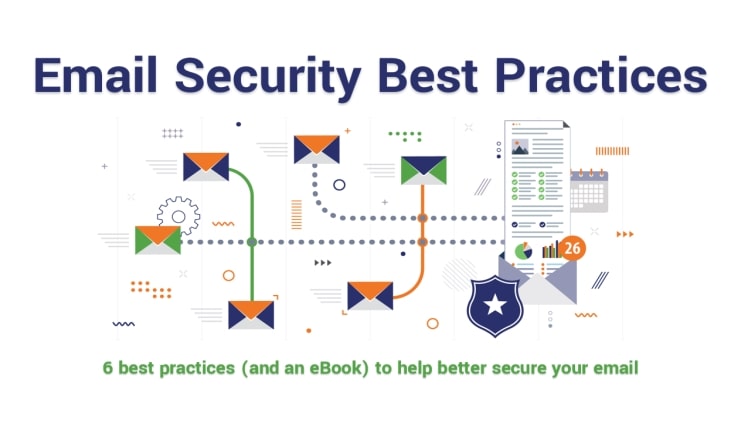
While the threats to email security are many and varied, the most significant threats are Human error and Viruses. It is important to protect against these threats by using two-factor authentication to secure email access points. Another important measure is to train employees about the importance of email security. Employees should be trained to protect their emails and to identify phishing emails.
Human Error Is A Major Threat To Email Security.
The biggest threat to email security in any industry is human error. Many things can go wrong when we open emails and click on links or download attachments. This is why companies must invest time and resources in email security to keep their employees safe and secure. However, more than this effort is needed. Organizations also need to develop a security-first mindset. Visit here for information about Dramacool
Human error can take many forms, including a careless employee who accidentally inserts an email address into the wrong “bcc” or “to” field by mistake. While this is a risk, it can be mitigated by implementing technological solutions, education, and training.
Viruses Are A Major Threat To Email Security.
Email security has become a top priority for companies due to the increased risk of cyber attacks. Email is the most popular means of communication between people within an organization and the most common vector for attacks. The internet has allowed cybercriminals to easily intercept email messages and spread malware and phishing schemes. To ensure email security, managed service providers must take measures to protect their customers and employees. They must educate employees about email threats and employ practical email threat protection tools. Viruses attack email systems through email attachments. Malicious email attachments can cause data theft, fraudulent wire transfers, or even leak confidential information. This is why email security is so important. It’s not easy to identify if an email attachment is malicious, but there are some warning signs that you may have received a malicious email.
Viruses are the number one reason for email security breaches. According to email gateway vendors, nearly half of all email security breaches involve viruses. The malware contains code designed to attack computer systems and can harm data, technology equipment, or entire networks. Malware includes viruses, worms, spyware, botnets, and Trojans. In addition, emails with viruses can spread through email and spread throughout a network. Employees should ensure that they delete emails that are suspicious or appear to be from a malicious source.
Two-Factor Authentication Can Tighten Up Email Access Points.
Two-factor authentication (or 2FA) is a key component of effective security strategies. It ensures that a genuine user can access only approved resources. It does this by linking an authentication system to authentication data stored by the organization. While strong passwords are effective in deterring small-business hackers, more sophisticated ones will be able to circumvent the simplest security measures. Thankfully, 2FA works to tighten email access points from the end to the source. It increases awareness of account owners and thwarts criminals before they even start. However, there are better solutions than two-factor authentication for some industries.
The technology behind two-factor authentication continues to improve. New features and functions are introduced all the time. It has been called a “living thing” – it changes with every login request. Adaptive authentication enables you to customize access policies to suit different applications, user roles, and locations.
Cybercriminals Exploit Loopholes In Email Security.
Email security is a key component of cyber-security, area organizations need to pay attention to. Unencrypted emails are a prime target for cybercriminals. They often disguise themselves as legitimate business emails and target lower-level employees with easily exploitable accounts. To combat these threats, IT teams should ensure that employees verify the sender’s email address and not submit logins in response to confirmation emails.
Email is a powerful communication tool for many industries, and the recent surge in home-based workers‘ use of email has only increased the potential for attacks. Sadly, the email communication process is not secure – hackers can intercept emails and deliver threats through advanced social engineering techniques. The recent shift in working hours and the rise in remote work made companies’ email systems an attractive target for cybercriminals. Many employees were working from home and using insecure personal devices, posing a significant security risk. As a result, the number of ransomware attacks and phishing attacks targeting financial services executives skyrocketed.